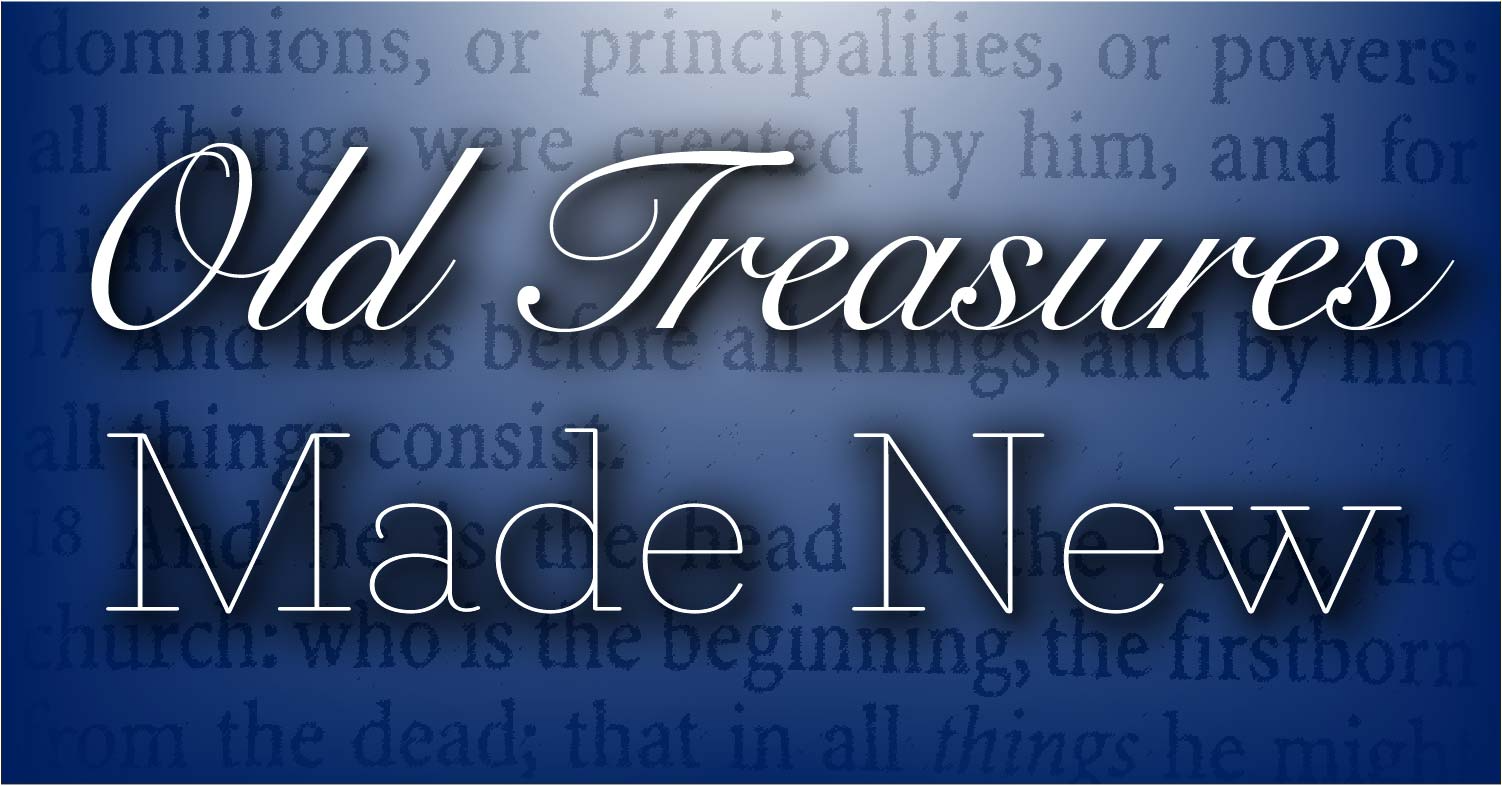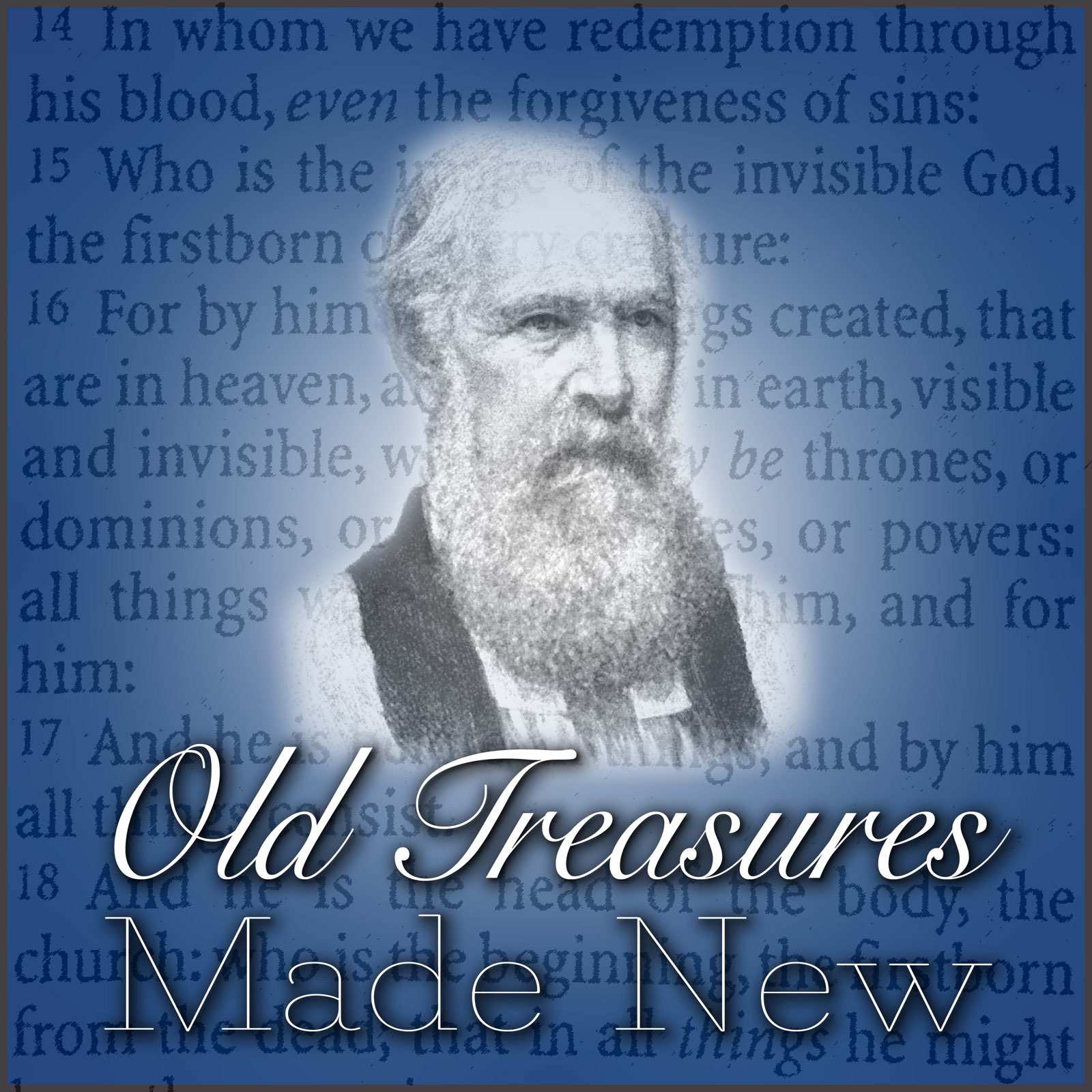Episode 180
Luke 1:46-56
Luke 1:46-56
- Let us mark the full acquaintance with Scripture which this hymn exhibits.
- Let us mark the Virgin Mary's deep humility.
- Let us mark the lively thankfulness of the Virgin Mary.
- Let us mark the experimental acquaintance with God's former dealings with His people, which the Virgin Mary possessed.
- Let us mark the firm grasp which the Virgin Mary had of Bible promises.
"Such knowledge of the Bible can doubtless never be attained without regular, daily study. But the time spent on such study is never mis-spent. It will bear fruit after many days."
"Humility is the highest grace that can adorn the Christian character."
"Let us rise from our beds every morning with a deep conviction that we are debtors, and that every day we have more mercies than we deserve."
"The true Christian should always give close attention to Bible history, and the lives of individual saints...What He does for them, and to them, in time past, He is likely to do in time to come. Such study will teach us what to expect, check unwarrantable expectations, and encourage us when cast down. Happy is that man whose mind is well stored with such knowledge. It will make him patient and hopeful."
"Let us learn from this holy woman's example, to lay firm hold on Bible promises. It is of the deepest importance to our peace to do so. Promises are, in fact, the manna that we should daily eat, and the water that we should daily drink, as we travel through the wilderness of this world."
Questions:
1. Are we regularly seeking to meet God in His Word? Has our knowledge of God grown in this past year due to such study?
2. “Humility”, says Ryle, “is the highest grace that can adorn the Christian character” and that it “is in reach of every converted person.” Would those who know us best describe us as humble? Does our doctrine humble or puff us up?
3. The Bible says that there is nothing we have that we have not received. Are we thankful as we consider all we have is from our loving heavenly Father? Or do we have difficulty building an Ebenezer of thankfulness?
4. God’s faithfulness with His people in the past informs us of His future faithfulness. Are we students of the history of the Bible, or do we tend to shy away from it?
5. Do we read the Bible looking for the promises God has made, and then cling to them as if our lives depended on them? If God’s promises are manna and water on our journey, shouldn’t we be diligent in this task?


